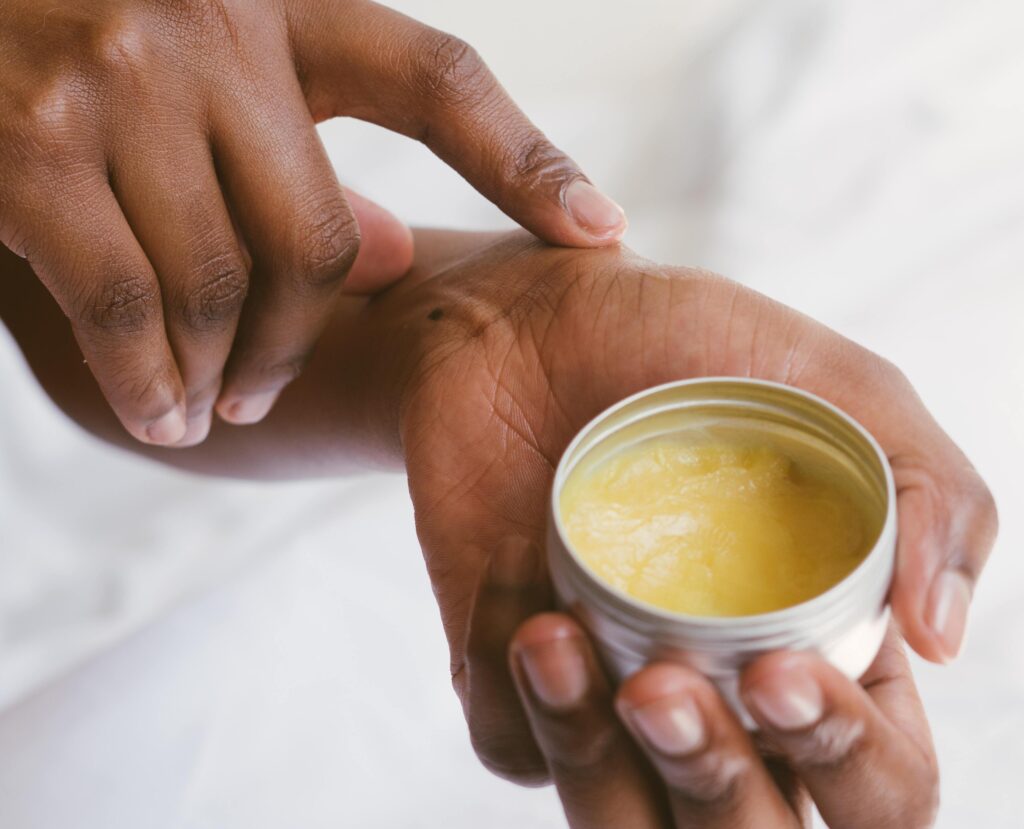
Gabon is among the beneficiaries of a new $14 million initiative led by the UN Environment (UNEP) to cut the use of mercury in skin-lightening products to minimize damage to human and environmental health.
The three-year project will work to reduce the risk of exposure to mercury-added skin-lightening products, raising awareness of the health risks associated with their use, developing model regulations to reduce their circulation, and halting production, trade and distribution across domestic and international markets.
The initiative is funded by the Global Environment Facility (GEF) and executed by the World Health Organization (WHO) and Biodiversity Research Institute (BRI). Sri Lanka and Jamaica will also benefit.
“Mercury is a hidden and toxic ingredient in the skin-lightening creams that many people are using daily, often without an understanding of just how dangerous this is,” GEF CEO and Chairperson Carlos Manuel Rodriguez said.
“This initiative is significant as it focuses not only on substitutions for harmful ingredients but on awareness building that can help change behaviours that are damaging to individual health as well as the planet.”
Sheila Aggarwal-Khan, UNEP Industry and Economy Division Director said that “while Governments have agreed on limitations on mercury use through the Minamata Convention, companies continue to manufacture, trade and sell toxic products to consumers.”
Dr. Annette Prüss, Acting Director, WHO Department of Environment, Climate Change and Health called for urgent action on mercury as one of the top chemicals of public health concern.
“The health impacts of mercury have been known for centuries but more people should become aware now,” said “Countries should urgently act to take legal action against harmful practices so that this dangerous element is eliminated from skin-lightening products that people use every day,” she said.
Using cosmetics to inhibit the body’s production of melanin, leading the skin to appear lighter, is a centuries-old practice in many parts of the world that continues to take a toxic toll today.
Both men and women use skin-lightening products but consumers are often unaware of the harmful chemicals in them including mercury, a toxic substance that poses risks to human health and contaminates the environment.
Skin lightening products can cause skin rashes and discolouration; scarring; nervous, digestive and immune system damage, as well as anxiety and depression. The Minamata Convention on Mercury has set a limit of 1mg/1kg (1ppm) for mercury in skin-lightening products. However, a 2018 Zero Mercury Working Group and Biodiversity Research Institute test of over 300 products from 22 countries found that approximately 10 percent of skin-lightening creams exceeded this limit, with many containing as much as 100 times the authorized amount.
Mercury used in beauty products can reach children through breast milk. It contaminates food chains when cosmetics are washed off into wastewater. In addition, the compound can travel far from its point of dispersal, accumulating in the earth, water and soil without breaking down in the environment.
With demand for skin-lightening products projected to grow to $11.8-billion by 2026 in Africa and beyond, the use of harmful ingredients in skin-lightening products is a global issue.